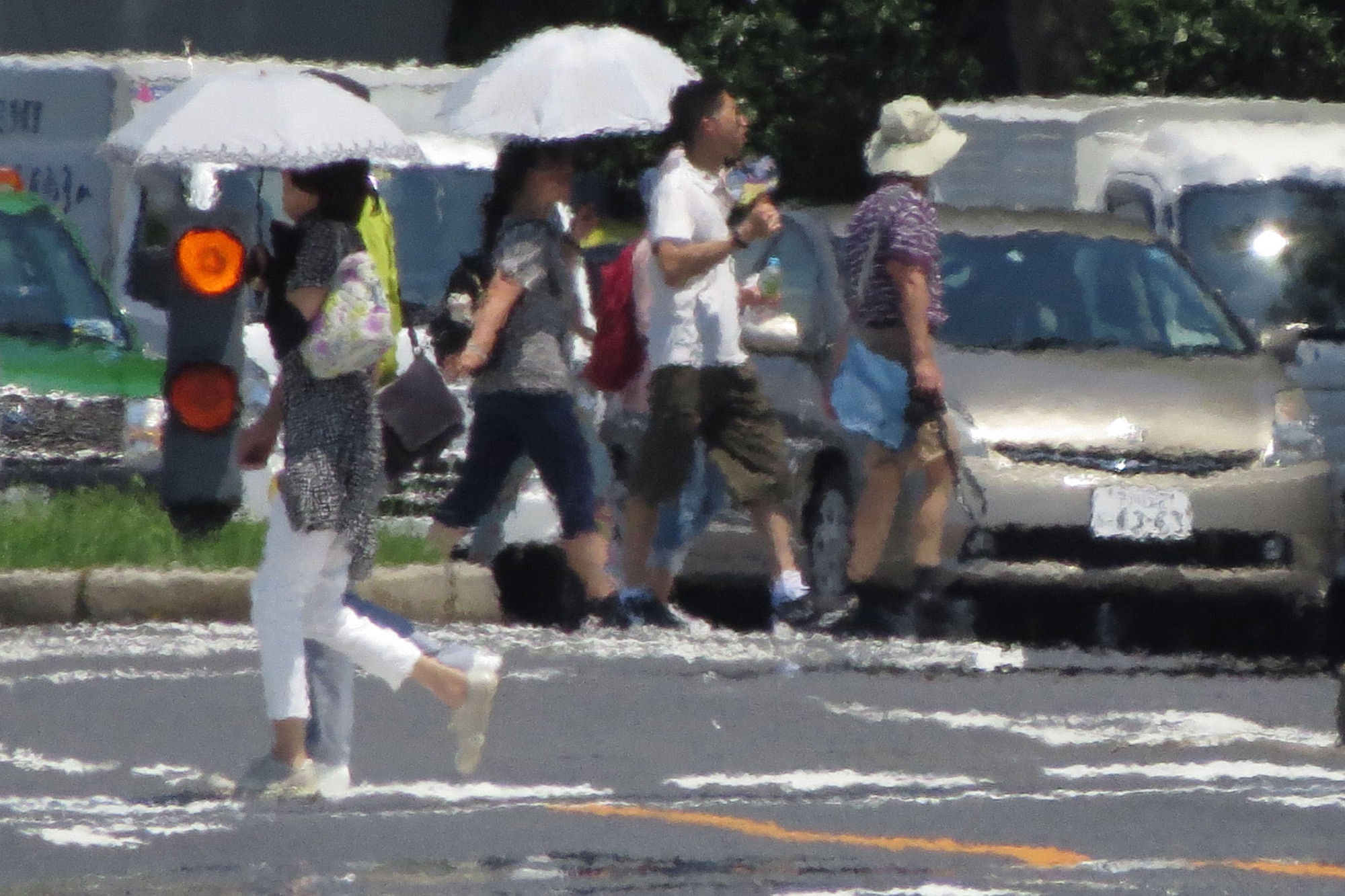Japan seems to suffer more than its fair share of natural disasters, and this past summer was especially bad. In addition to two earthquakes that resulted in considerable damage, there were strong storms that killed dozens and forced thousands to flee their homes.
Some people are saying that this summer's run of extremely high temperatures also qualifies as a natural disaster. At the very least, the sweltering heat appeared to be a symptom of the climate change that also brought about the deadly storms. One of the key quantifying criteria for phenomena labeled "natural disasters" is their economic impact. Since extreme heat does not necessarily have the same immediately destructive effect on people's lives in the way that storms and earthquakes do, it is better to gauge its influence in terms of consumer spending.
The conventional wisdom about hot weather as it relates to the economy is that it's good for consumption. Every year, financial observers look at certain key sectors, usually beverage and air conditioner sales, to measure how well consumption fared during the summer. That belief has become so ingrained, in fact, that when temperatures are lower than usual, market observers expect annual sales in these two sectors to drop below average. Beverage-makers and home appliance manufacturers count on hot summers to drive sales, and they factor it into their yearly revenue projections, so if temperatures are not as high as predicted, they don't reach their targets and that's bad for their bottom lines.

















With your current subscription plan you can comment on stories. However, before writing your first comment, please create a display name in the Profile section of your subscriber account page.